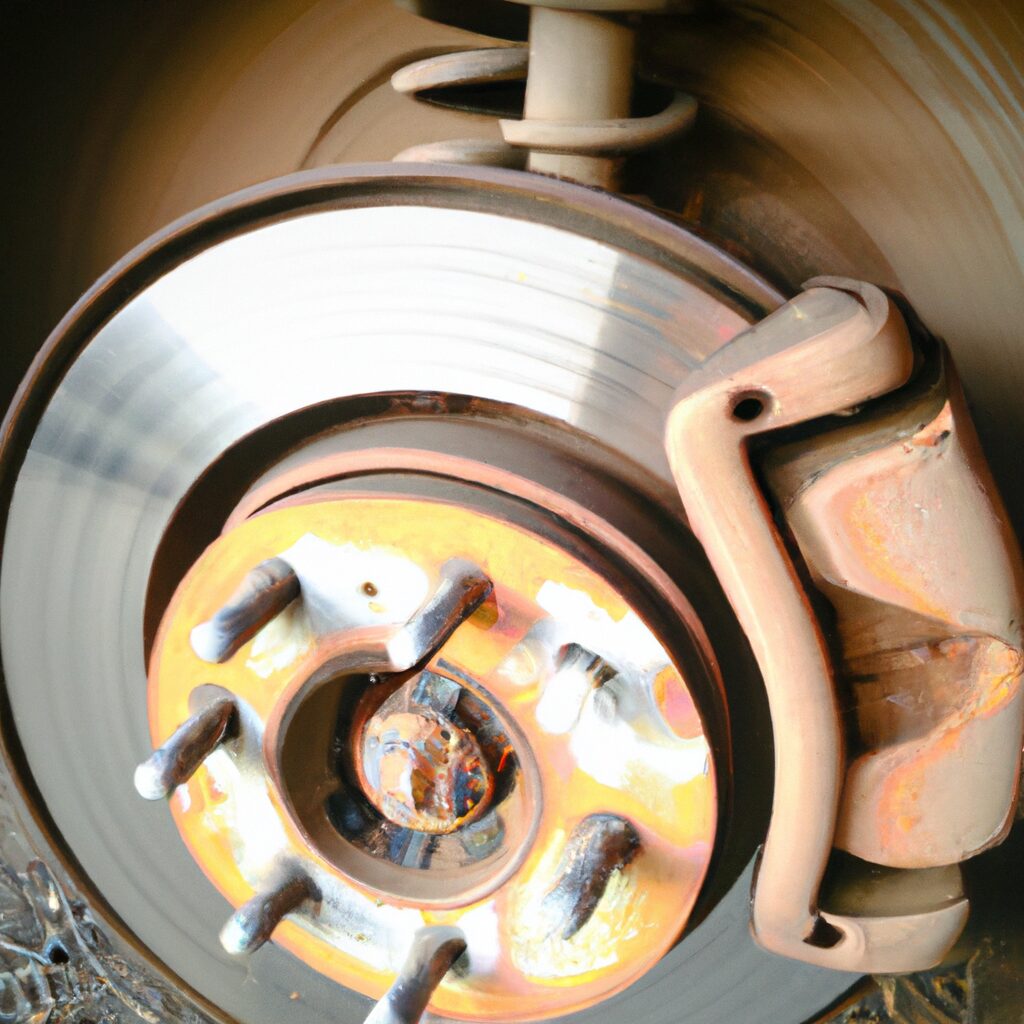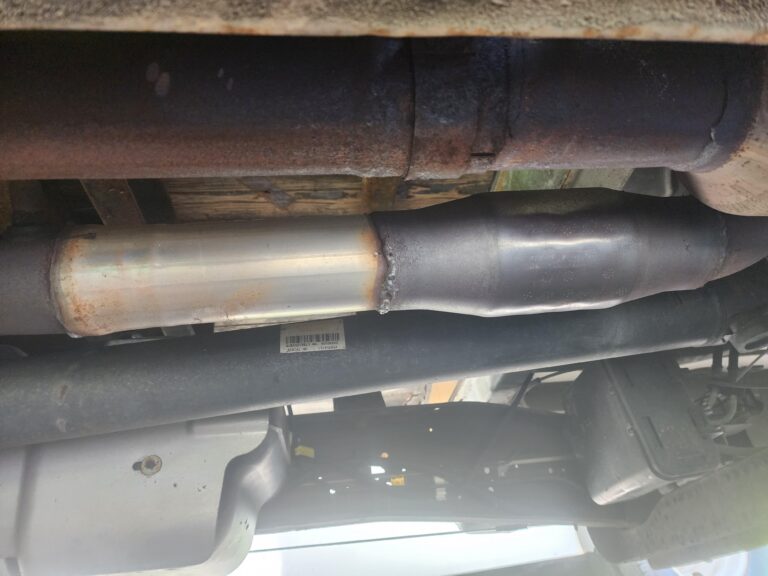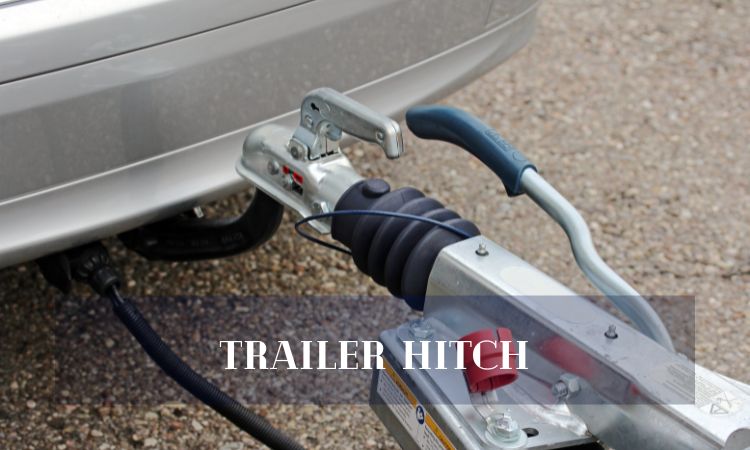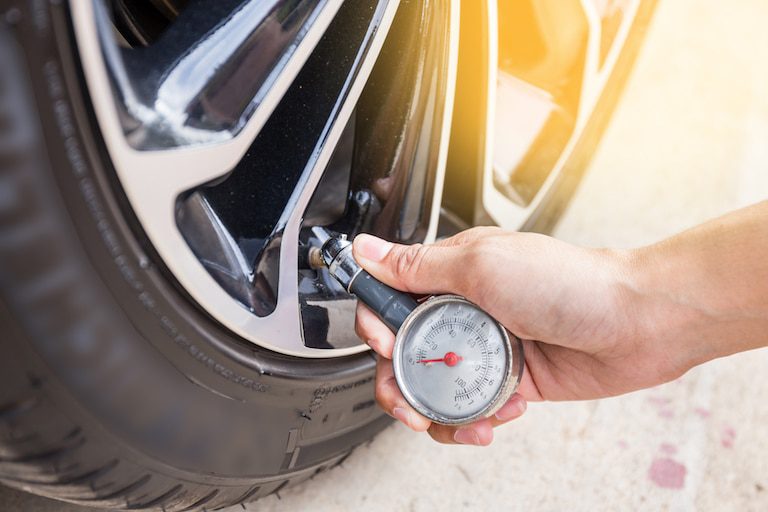what causes drum brakes to lock up
Introduction
Drum brakes are a type of braking system that uses a set of brake shoes to press against the inner surface of a rotating drum. When the brakes are applied, the shoes press against the drum, creating friction and slowing the vehicle. However, if the brakes are applied too hard or too quickly, the shoes can become stuck in the drum, causing the brakes to lock up. This can be a dangerous situation, as it can cause the vehicle to skid or even lose control. In this article, we will discuss the various causes of drum brake lockup and how to prevent it.
Common Causes of Drum Brake Lockup
Drum brakes are a type of braking system that uses a set of brake shoes to press against the inner surface of a spinning drum to create friction and slow the vehicle. Drum brakes are commonly found on older vehicles, and while they are reliable, they can sometimes experience a lockup. A drum brake lockup occurs when the brakes become stuck in the engaged position, preventing the vehicle from moving.
Common causes of drum brake lockup include:
1. Worn Brake Shoes: Over time, the brake shoes can become worn down, reducing their ability to grip the drum. This can cause the brakes to become stuck in the engaged position.
2. Contaminated Brake Fluid: Brake fluid can become contaminated with dirt and debris, which can cause the brakes to become stuck.
3. Corroded Brake Cylinders: The brake cylinders can become corroded over time, which can cause the brakes to become stuck.
4. Out of Adjustment: The brakes may need to be adjusted periodically to ensure they are working properly. If the brakes are out of adjustment, they may become stuck in the engaged position.
5. Frozen Brake Cables: The brake cables can become frozen due to cold weather, which can cause the brakes to become stuck.
By understanding the common causes of drum brake lockup, drivers can take steps to prevent it from occurring. Regularly inspecting and maintaining the brakes can help to ensure they are working properly and reduce the risk of lockup.
How to Diagnose and Fix Drum Brake Lockup
Drum brakes are a common type of brake system found in many vehicles. When they are functioning properly, they provide reliable stopping power. However, when they become locked up, it can be a major safety hazard. Fortunately, diagnosing and fixing a drum brake lockup is relatively straightforward.
The first step in diagnosing a drum brake lockup is to inspect the brake system. Look for any signs of damage or wear, such as cracks in the brake drum or worn brake pads. If any of these issues are present, they should be addressed before attempting to fix the lockup.
Next, check the brake fluid level. If the fluid is low, it could be causing the brakes to lock up. If the fluid is low, top it off and check the system for any leaks. If there are no leaks, the lockup should be resolved.
If the brake fluid level is fine, the next step is to check the brake shoes. The brake shoes are the components that press against the brake drum when the brakes are applied. If the shoes are worn or damaged, they may be causing the brakes to lock up. If this is the case, the shoes should be replaced.
Finally, check the brake hardware. The hardware includes the springs, pins, and other components that keep the brake shoes in place. If any of these components are worn or damaged, they should be replaced.
Once all of these steps have been completed, the brakes should be tested to ensure that the lockup has been resolved. If the brakes still lock up, further diagnosis may be necessary.
In summary, diagnosing and fixing a drum brake lockup is relatively straightforward. Start by inspecting the brake system for any signs of damage or wear. Then, check the brake fluid level and top it off if necessary. Next, inspect the brake shoes and replace them if they are worn or damaged. Finally, check the brake hardware and replace any worn or damaged components. Once all of these steps have been completed, the brakes should be tested to ensure that the lockup has been resolved.
The Role of Brake Fluid in Drum Brake Lockup
Brake fluid is an essential component of drum brake lockup. It is a hydraulic fluid that is used to transfer pressure from the brake pedal to the brake shoes, which are responsible for stopping the vehicle. Without brake fluid, the brake shoes would not be able to move and the vehicle would not be able to stop.
When the brake pedal is pressed, the brake fluid is forced through the brake lines and into the wheel cylinders. The pressure of the brake fluid causes the wheel cylinders to expand, pushing the brake shoes against the brake drums. This creates friction, which slows the vehicle down.
The brake fluid also helps to keep the brake shoes in contact with the brake drums. Without the brake fluid, the brake shoes would not be able to stay in contact with the brake drums and the vehicle would not be able to stop.
The brake fluid also helps to keep the brake system clean and free of dirt and debris. This helps to ensure that the brakes are working properly and that the vehicle is able to stop safely.
In summary, brake fluid is an essential component of drum brake lockup. It is responsible for transferring pressure from the brake pedal to the brake shoes, keeping the brake shoes in contact with the brake drums, and keeping the brake system clean and free of dirt and debris. Without brake fluid, the vehicle would not be able to stop.
How to Avoid Drum Brake Lockup
Drum brakes are a common type of brake system found in many vehicles. While they are reliable and effective, they can sometimes suffer from a condition known as “lockup”. This occurs when the brakes become stuck in the engaged position, preventing the vehicle from moving. Fortunately, there are a few steps you can take to help prevent this from happening.
First, it is important to ensure that your brakes are properly adjusted. This means that the brake shoes should be adjusted so that they are not too close to the drum. If they are too close, they can become stuck and cause lockup.
Second, it is important to regularly inspect your brakes for signs of wear and tear. If the brake shoes are worn or damaged, they may not be able to move freely, leading to lockup.
Third, it is important to keep your brakes clean. Dirt and debris can build up on the brake shoes and cause them to stick. Regularly cleaning your brakes can help prevent this from happening.
Finally, it is important to regularly check the brake fluid level. Low brake fluid can cause the brakes to become stuck, leading to lockup.
By following these steps, you can help prevent your drum brakes from becoming stuck and causing lockup. If you have any questions or concerns, it is best to consult a professional mechanic for advice.
The Impact of Worn Brake Shoes on Drum Brake Lockup
The impact of worn brake shoes on drum brake lockup is an important consideration for any vehicle owner. Drum brakes are a common type of brake system found in many vehicles, and they rely on brake shoes to provide the necessary friction to slow and stop the vehicle. When these brake shoes become worn, the effectiveness of the brakes is reduced, leading to a decrease in the ability of the brakes to lock up.
When brake shoes become worn, the friction material on the shoes is reduced, resulting in less friction being generated when the brakes are applied. This decrease in friction reduces the amount of force that is applied to the brake drums, which in turn reduces the amount of torque that is applied to the wheels. This decrease in torque reduces the amount of force that is applied to the wheels, which can lead to a decrease in the ability of the brakes to lock up.
In addition to the decrease in friction, worn brake shoes can also cause an increase in the amount of heat generated when the brakes are applied. This increase in heat can cause the brake drums to expand, which can further reduce the amount of torque that is applied to the wheels. This decrease in torque can further reduce the ability of the brakes to lock up.
Finally, worn brake shoes can also cause an increase in the amount of noise generated when the brakes are applied. This increase in noise can be distracting to the driver and can also lead to a decrease in the ability of the brakes to lock up.
In conclusion, worn brake shoes can have a significant impact on the ability of drum brakes to lock up. The decrease in friction, increase in heat, and increase in noise can all contribute to a decrease in the ability of the brakes to lock up. It is important for vehicle owners to regularly inspect their brakes and replace worn brake shoes in order to ensure that their brakes are functioning properly.
How to Properly Adjust Drum Brakes to Avoid Lockup
Drum brakes are a common type of brake system found in many vehicles. When properly adjusted, drum brakes provide reliable stopping power. However, if not adjusted correctly, drum brakes can cause the wheels to lock up, resulting in a dangerous situation. To ensure your safety, it is important to properly adjust your drum brakes.
The first step in adjusting drum brakes is to inspect the brake components. Check the brake shoes for wear and tear, and replace them if necessary. Make sure the wheel cylinders are in good condition and that the brake lines are free of any leaks.
Next, adjust the brake shoes. This is done by loosening the adjusting screws and turning the star wheel. Turn the star wheel in a clockwise direction until the brake shoes are snug against the drum. Then, tighten the adjusting screws.
The next step is to adjust the brake pedal. This is done by loosening the adjusting nut and turning the adjusting rod. Turn the adjusting rod in a clockwise direction until the brake pedal is at the desired height. Then, tighten the adjusting nut.
Finally, adjust the parking brake. This is done by loosening the adjusting nut and turning the adjusting rod. Turn the adjusting rod in a clockwise direction until the parking brake is at the desired tension. Then, tighten the adjusting nut.
By following these steps, you can ensure that your drum brakes are properly adjusted and that your vehicle will stop safely. Remember, if your brakes are not adjusted correctly, your vehicle may experience lockup, which can be dangerous. Therefore, it is important to take the time to properly adjust your drum brakes.
The Role of Brake Drums in Drum Brake Lockup
Brake drums are an essential component of drum brake lockup. Drum brakes are a type of braking system that uses a set of brake shoes to press against the inner surface of a rotating drum. This creates friction, which slows the rotation of the drum and the vehicle.
The brake drum is a cylindrical component that is attached to the wheel hub. It is designed to rotate with the wheel and is the surface against which the brake shoes press. The drum is made of a durable material such as cast iron or aluminum and is designed to withstand the heat and friction generated by the brake shoes.
When the brakes are applied, the brake shoes press against the inner surface of the drum. This creates friction, which slows the rotation of the drum and the vehicle. The friction also causes the brake shoes to heat up, which can cause the brake drum to expand. This expansion can cause the brake shoes to become stuck in the drum, resulting in a condition known as brake lockup.
Brake lockup can be dangerous as it can cause the vehicle to skid or lose control. To prevent this, the brake drum must be designed to allow for expansion and contraction without becoming stuck. This is done by using a drum with a larger diameter than the brake shoes, as well as by using a drum with a smooth inner surface.
In addition, the brake drum must be designed to dissipate heat quickly. This is done by using a drum with a large number of cooling fins or slots. These fins or slots allow air to circulate around the drum, which helps to cool the brake shoes and reduce the risk of brake lockup.
In summary, brake drums are an essential component of drum brake lockup. They are designed to rotate with the wheel and provide a surface against which the brake shoes press. The drum must be designed to allow for expansion and contraction without becoming stuck, as well as to dissipate heat quickly. By doing so, the risk of brake lockup is minimized and the safety of the vehicle is ensured.
How to Troubleshoot Drum Brake Lockup Problems
Drum brakes are a common type of brake system found in many vehicles. When functioning properly, they provide reliable stopping power. However, when they become locked up, it can be a major safety hazard. Fortunately, there are a few steps you can take to troubleshoot drum brake lockup problems.
First, check the brake fluid level. If the fluid is low, it can cause the brakes to lock up. If the fluid is low, top it off and check for any leaks. If the fluid level is fine, move on to the next step.
Next, inspect the brake drums. If the drums are worn or damaged, they may be causing the brakes to lock up. If the drums are in poor condition, they should be replaced.
Third, check the brake shoes. If the shoes are worn or damaged, they may be causing the brakes to lock up. If the shoes are in poor condition, they should be replaced.
Fourth, inspect the brake hardware. If the hardware is worn or damaged, it may be causing the brakes to lock up. If the hardware is in poor condition, it should be replaced.
Finally, inspect the brake lines. If the lines are cracked or leaking, they may be causing the brakes to lock up. If the lines are in poor condition, they should be replaced.
By following these steps, you should be able to troubleshoot drum brake lockup problems. If the problem persists, it is best to take your vehicle to a qualified mechanic for further inspection.
Q&A
1. What causes drum brakes to lock up?
Drum brakes can lock up due to a variety of issues, including worn brake components, a seized wheel cylinder, a stuck brake adjuster, or a lack of lubrication. In some cases, the brakes may also lock up due to a brake fluid leak or a problem with the brake system’s master cylinder.
Conclusion
In conclusion, drum brakes can lock up due to a variety of causes, including worn brake components, contaminated brake fluid, and excessive heat. It is important to regularly inspect and maintain your brakes to ensure they are functioning properly and to prevent them from locking up.




